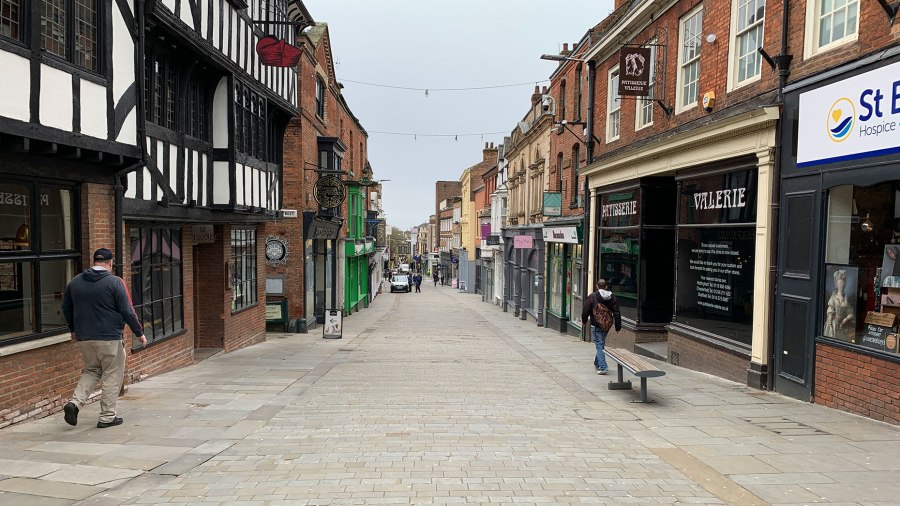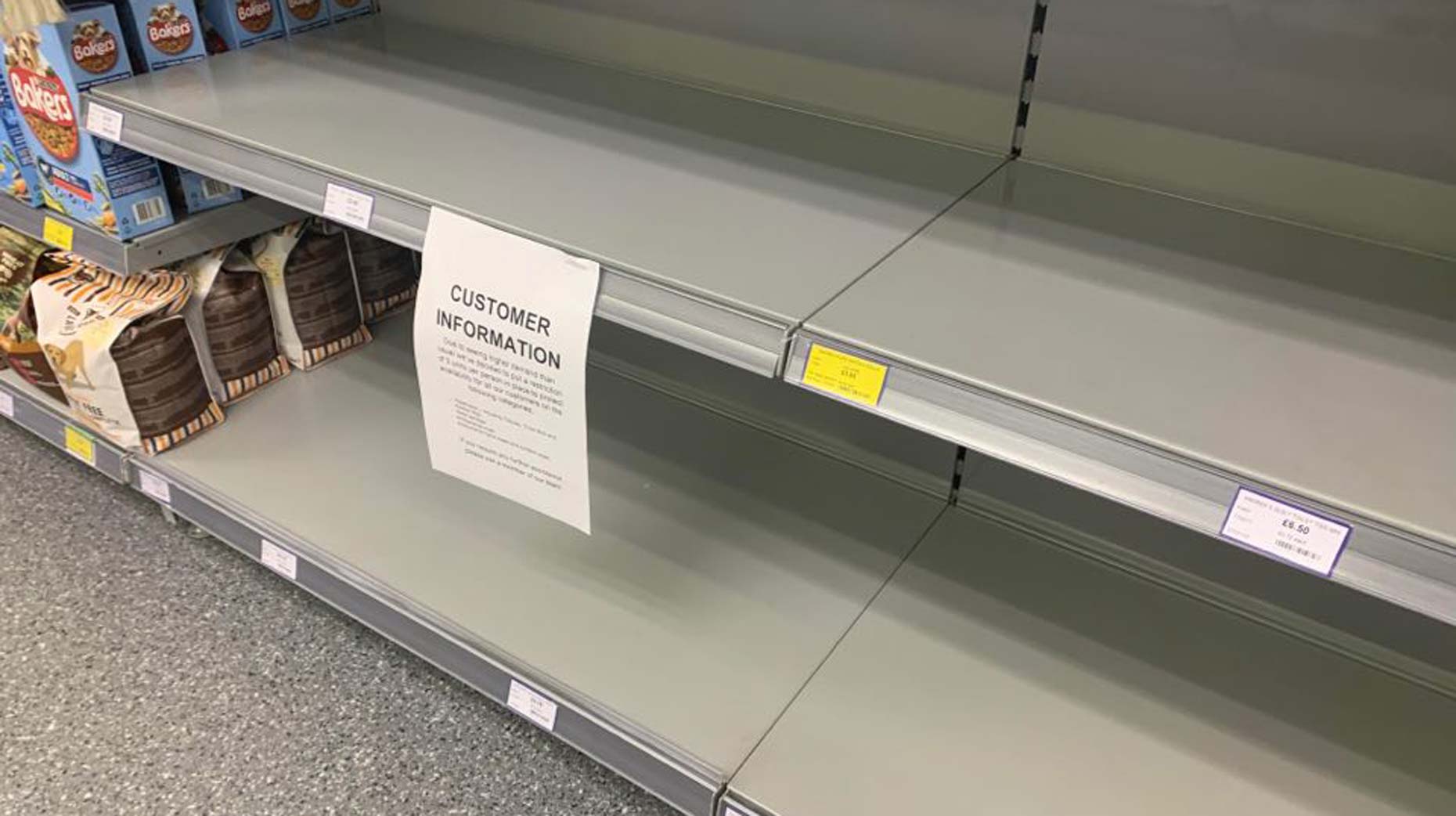‘It is not only a duty to ourselves but also to our neighbours to stay indoors when we have a bad cold or a mild or severe attack of influenza.’ Familiar? Indeed, this statement was made by a local government official in the Autumn of 1918, as a global flu pandemic swept into Lincoln and across the county.
Today we tend to look to the web and social media to read government information. One hundred years ago it was the district medical officers of health who led the way in providing professional advice, and it was to the local newspapers (like the Echo and the Chronicle), posters in public places, and word-of-mouth that we would turn for the latest guidance.
In October 1918, the Lincoln Corporation published its six precautions to avoid influenza. Some of these rather reflect their times. Others, though, still have relevance and are echoed in the official directives and common-sense measures that we are putting into practice now.
- ‘Overcrowding … in unventilated rooms and places of entertainment should be avoided’
- ‘Aggregation of large numbers of persons in one room, especially for sleeping is dangerous’
- ‘Alcoholism or over-strain favour infection, and complication by pneumonia is especially fatal among immoderate drinkers’
- ‘Dirtiness whether personal or of living and working rooms, and dusty conditions, favour infection’
- ‘Indiscriminate expectoration is always a source of risk of infection’
- The last, and the one ringing ever louder in our ears today: ‘If every person … took all possible precautions, the present danger and mortality from such Epidemics would be much reduced’
The medical officers also started making appeals to the community: ‘Home helps wanted during Influenza Epidemic, in houses where mother is ill. Any woman who has no serious home duties and has knowledge of housekeeping, and is willing to help, is invited to apply.’
The local authorities faced decisions over what additional sanctions to impose as well, in order to restrict our normal customs and activities outside of the home. By the end of October 1918, official edicts fell short of closing all places of entertainment, but admittance to those under 14 years of age was banned, and the full ‘ventilating and disinfecting the buildings and allowing a suitable interval to take place between performances’ were required.
By the end of November 1918, political activities were being curbed. In Grimsby, for example: ‘in consequence of the alarming increase in influenza in Grimsby … Parliamentary candidates, after consultation with the medical officers, have in the interests of the public health agreed not to hold any public indoor meetings.’
History is repeating itself in so many different ways at present. Last week in The Lincolnite we saw that rationing returned to Lincoln stores 106 years on, in much the same way that it had appeared in 1914, at the outbreak of the First World War. Panic buying has featured again, along with the introduction of restrictions on the sale of highly sought-after items, and changes to home delivery patterns and shop-access hours.
ALSO READ: Barry Turner: Why the coronavirus lockdown trumps civil liberties
Dr Andrew Jackson is the Head of the School of Humanities. Andrew is a historian with current research interests that include twentieth-century urban and rural change, and local and regional history. He also engages in consultancy and project work relating to community history and heritage, digitisation and e-learning. Andrew joined the staff of Bishop Grosseteste University in 2007, following ten years at the University of Exeter.







